Speaker: Matt Bornstein-Grove
Historical chronology is a powerful organizing principle for a social studies course. It orders content, suggests connections, and allows students to see relationships. But what if you’re designing a unit or lesson that relies on the other social science disciplines? Or constructing a course composed of multidisciplinary case studies? Does abandoning chronology lead to a messy, incoherent student learning experience which lacks depth?
In this session, we will explore another way to build coherence, by using overarching concepts and Enduring issues. Participants will examine both teacher and student work, as well as think about the concepts and issues that could form throughlines in their own curriculum.

Speaker: Matt Bornstein-Grove
Taking Informed Action is central to the College, Career, and Civic Life Framework for Social Studies (C3) and also for developing responsible global citizens. It is also a daunting and often overwhelming challenge to bring infomed action to life. In addition to the instructional, curricular, and logistical challenges, there are also many questions about informed action itself: How big should it be? How often should we do it? What counts as informed action? How much choice should students have in the process?
The goal of this session is to provide some tools and frameworks that teachers can use to answer those questions in their specific context. Participants can expect to learn about the C3’s “Understand, Assess, Act” model of informed action and how to apply it to their own classroom. Participants will bring a unit to this session with the goal of integrating informed action.

Speaker: Matt Bornstein-Grove
It is easy to imagine how to use student questions to generate interest and pique curiosity. But how does that translate into an entire inquiry or unit? How can we help students structure, organize, and articulate the way their questions might guide an inquiry? And what do we do with their questions if the inquiry questions are already teacher designed?
In this session, you will consider ways to support students in not only asking questions, but in using them well throughout an inquiry or unit.
Participants will get a chance to examine student questions and the logic behind them as they consider how student questioning might play a bigger role in their lessons and units.
